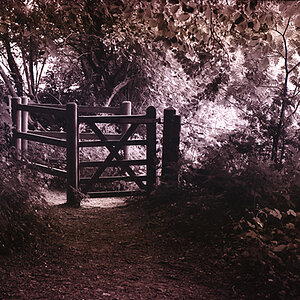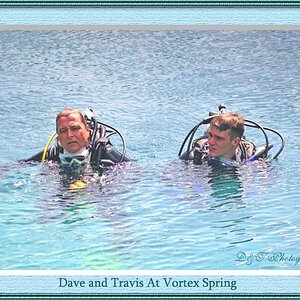riffraff
TPF Noob!
- Joined
- Sep 29, 2021
- Messages
- 10
- Reaction score
- 26
- Can others edit my Photos
- Photos OK to edit
Never crossed my mind to consider it cheating. What I did think was the original image was one I’d delete, discard, not even download it from the camera. It completely floored me what was done to the image. Thanks for the training suggestionThis is the kind of post we see regularly from someone new to photography who hasn't learned LR/PS. It is often accompanied with calling editing "cheating" like there are rules somewhere. It's called "photography" not cameraography and the goal is the final image. But as said above, learn to get it as much in camera, but in many cases, your vision of the shot will go beyond that and it is perfectly ok. In painting there was the Realism school, but then there was the Impressionists or the surrealists who departed from aping what was in front of the artist, photographers making art do the same. It is possible to make impressionistic photos and during the teens and 20's, there were active surrealist photographers. As a beginner, you are expecting a photo to ape what is in front of it. Yes, that can be done, but to the extent the photographer departs from that is ok, there are no rules prohibiting it and not only is it not "cheating" it is creating an image instead of using the camera like a xerox machine. I always suggest beginners check out Kelby training for Light room. Once you learn how your image can be improved beyond anything the camera can do, I have yet to see a beginner who abandoned post. In fact, they usually start out jacking saturation so much none of the colors resemble anything in nature. Not that that is "wrong" but is certainly gets boring if all that is done.


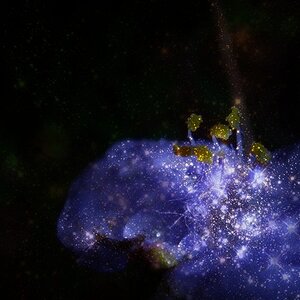
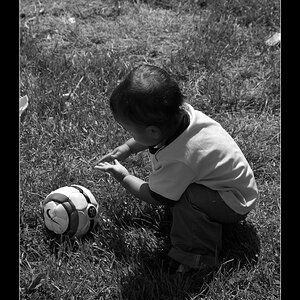
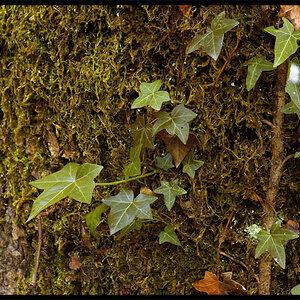
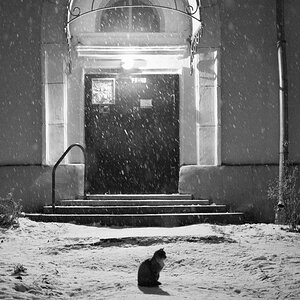
![[No title]](/data/xfmg/thumbnail/33/33437-e75ccdc53ab9428f2dd0218e568181b1.jpg?1619735969)
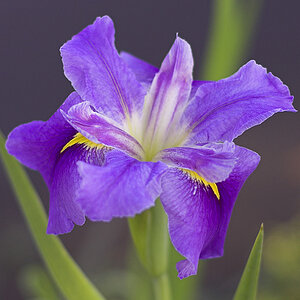
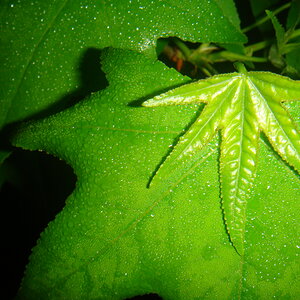

![[No title]](/data/xfmg/thumbnail/37/37930-501fdf314a05686acde53d9899f68091.jpg?1619738402)
![[No title]](/data/xfmg/thumbnail/38/38263-ad5e4c9e677626ddb5b1e7cdf9ebe40e.jpg?1619738548)
